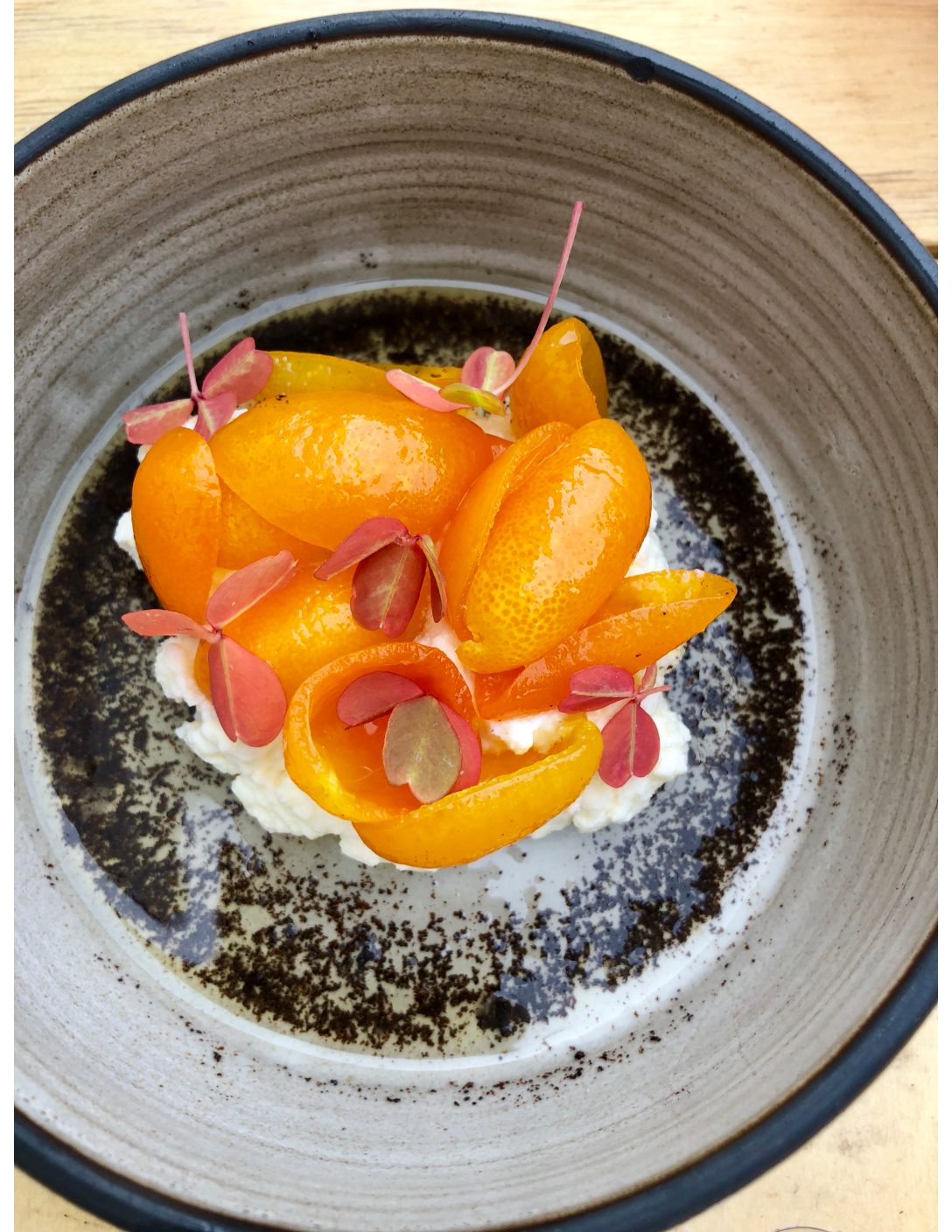
I’ve often fallen prey to this kind of hype. Take Dom Perignon, the embodiment of champagne wishes and caviar dreams. I’d asked my father for a bottle to celebrate my college graduation. As a tool-and-die man of modest means, I hadn’t expected him to take me seriously, but as indulgent loving parents do, he honored his child’s whimsy, and came through. I’d treated that bottle as if it were the Holy Grail until I popped the top to celebrate the millennial turn. Much like the vaunted Y2K gloom and doom, my first glass turned out to be a total fizzle. Associating Dom with the best that champagne had to offer, I figured I hated the stuff, and avoided it for years.
Though I was generally soured on perceived luxury, the last week provided an opportunity to redeem my faith and see if the sound and fury surrounding a couple of expensive quaffs signified something real. On Friday, Eno, the wine and cheese bar in the Hotel Intercontinental, poured a 1945 Chateau Latour ($250 for a two-ounce pour), and on Monday night, local micro-roaster Intelligentsia served up the most expensive coffee in the world (they paid $130 a pound at auction), Geisha, from the Panamanian plantation Hacienda La Esmeralda ($25 for the tasting).
Unfortunately the Latour was out of my budget. I considered the stretch, but drinking old first-growth Bordeaux is a rich man’s game. Unknown storage conditions and the rise of counterfeiting in the wine industry make betting on the Cubs to win it all look like a more reasonable wager. Still I got in touch with Eno’s wine director Scott Harney to check in on the tasting. Harney said that after the tasting he corresponded with a representative for Chateau Latour who confirmed my skepticism, saying in an email, “You didn’t think it would be any good, did you?”
Harney was hopeful, as the bottles had good provenance. They’d been purchased directly from the chateau by a British collector and had changed hands to a California collector before they were acquired by an auction house. The bottles also had the original corks and chateau-branded capsules, and the fill levels were relatively high, suggesting there had been little evaporation or chance of bad oxidation.
Harney said that all ten people (including sommeliers from NoMI and the Peninsula) who drank the wine on Friday were blown away, and that he considered it in his top five glasses of all time. Tasting notes included a bit of “catcher’s mitt leather,” eucalyptus, cedar and some surprisingly bold fruit. Two remaining bottles are available for $3,500 at Eno, which is a relative bargain. (Charlie Trotter’s lists a 1945 Latour for $8,000.)
Ironically, when I toured Eno’s cellar, which features a trove of magnificent old wines perched in rich wooden alcoves, I noted the two remaining bottles of Latour were unceremoniously packed in plastic milk crates on the stone floor. Harney responded, “People are so austere about wine. It doesn’t have to be so serious.”
Likewise, though Intelligentsia takes it coffee seriously, they don’t take themselves that seriously. Instead of some swank coffeehouse, the Geisha tasting was held in the spartan Intelligentsia warehouse. Backdropped by concrete floors and corrugated metal, Geoff Watts, Intelligentsia’s vice president, who looks and sounds a bit like the actor Jason Schwartzman, gave a presentation to fifty or so coffee pilgrims (including Alinea’s sommelier Joe Catterson and Thomas Meinl, owner of Vienna’s Julius Meinl coffees) from the top of a rickety stepladder. Watts said he first tasted the Geisha beans in the Best of Panama competition in 2003. He said, “You could just tell it was something different when you got near the cup. Everyone was freaking out.” Since then, the Geisha has won every blind competition it’s entered.
Smooth with lemon and honey notes, the coffee channeled the perfect cup of tea. With no stomach churning acidity or even hints of bitterness or chocolate you might typically associate with coffee, it’s a paradigm shifting cup. Owner of the hacienda, Daniel Peterson, confirmed that the first time he tasted Geisha, he was worried about entering it in competition, because it was so different from typical Panamanian coffees.
Available later this week at Intelligentsia stores and online at www.intelligentsiacoffee.com, the geisha beans will retail for $55 a quarter pound and $99 a half pound. The Geisha beans are in many ways the Latour version of coffee, a grand cru cup in a world dominated by Folger’s aluminum cans. Since I don’t expect to find a first-growth Bordeaux for a few bucks a cup anytime soon, I most definitely will be lining up for some of these beans. If you’ve got the means, you should too. Fo Shizzle.
This article first appeared in Newcity in a slightly different form.

